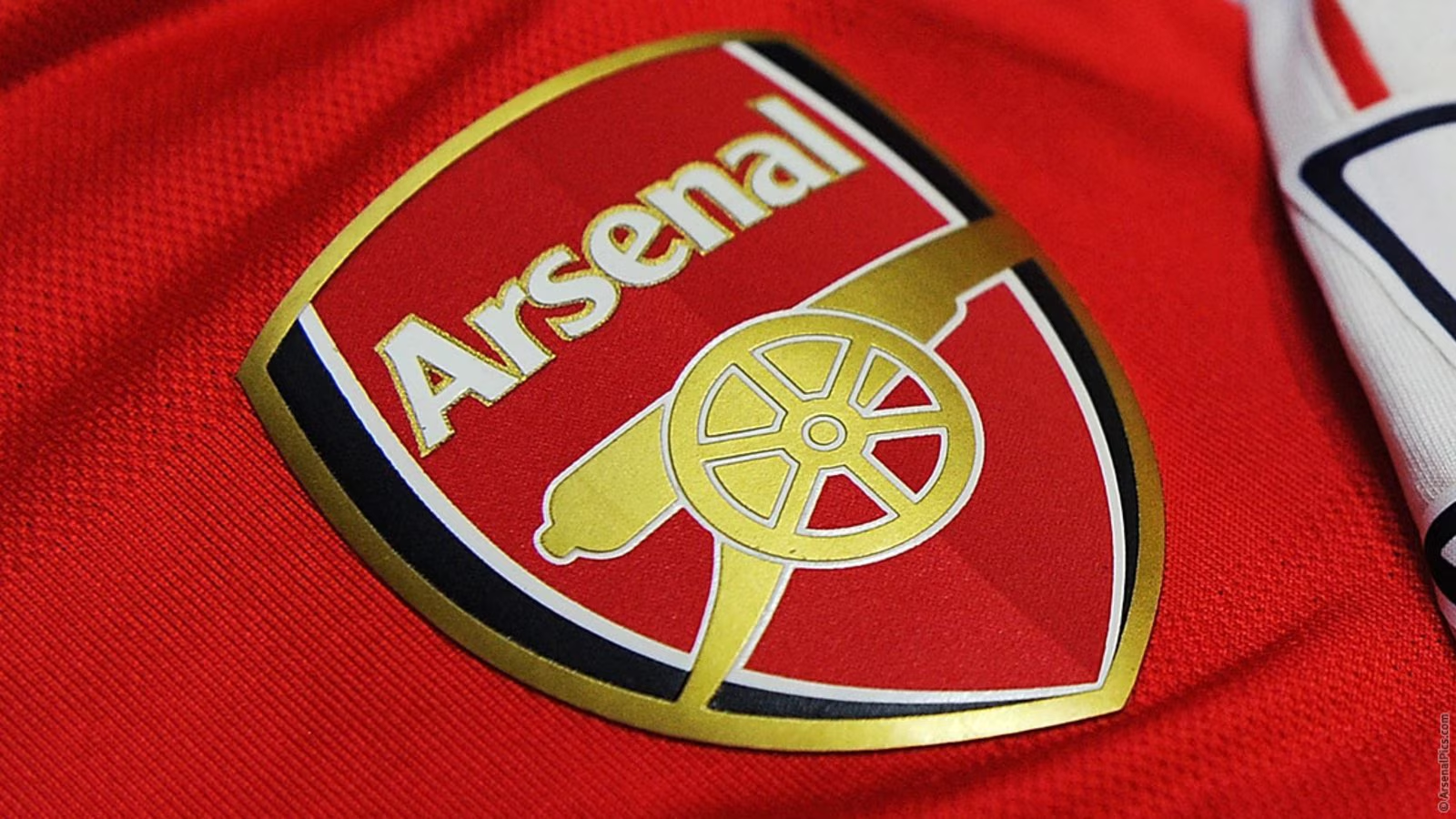Photo by Julius Holstein
Rugby league cuts right through the fluff and hits you with the truth: 13 players against 13 others, and the team that can take more punishment usually walks away with the win. No other sport throws together bone-crushing collisions with the mental chess game that plays out over 80 minutes of complete chaos.
When Bodies Become Weapons
Each tackle in rugby league writes its own chapter of pain. Bodies smash into each other at top speed, hitting with enough force to hospitalise regular people. Players cop with this treatment dozens of times per game, then bounce back up ready for more.
Look at any forward pack and you’ll see the evidence. Wonky noses, ears that look like they’ve been through a blender, and that permanent limp that comes with the territory. These blokes run straight at defensive walls made of pure muscle, know they’ll get absolutely belted but trust their teammates will be there for the next play.
What makes rugby league different from other bash-and-crash sports? Simple. The punishment never stops for 80 straight minutes. No timeouts, no breaks unless you’re actually broken. You either play through the pain or you watch from the sideline.
This constant physical punishment creates something special for fans who follow the game closely. The unpredictable nature of these collisions, combined with the skill required to execute plays under such pressure, makes rugby league perfect for those who engage with the sport through oddsmakers that include online bookmakers known for live betting options, generous bonuses, and regular promotions that track every statistic and outcome.
The mental side hurts more than the physical damage. Players must make perfect decisions whilst their heads are ringing and their bodies are screaming. One wrong choice can gift the opposition six points and shift the entire match’s momentum.
The Mind Games That Matter Most
Rugby league breaks players mentally before it breaks them physically. The psychological pressure never stops. You might dominate for 20 minutes, then watch your lead disappear because someone missed one tackle or threw one bad pass.
The best players develop tunnel vision that blocks out everything except the next play. They can’t think about the hit they just took or the mistake that cost their team points. They think forward or they don’t survive.
Confidence spreads through teams like wildfire, but so does doubt. When things start going wrong, weak mental players fold completely. The strong ones step up and drag their teammates back into the fight. Championship teams are built around players who refuse to quit when the game turns ugly.
Brotherhood Forged in Battle
Team chemistry in rugby league can’t be faked. When your mate is about to get his head knocked off, you either help him or you don’t. There’s no middle ground. Players who won’t sacrifice their bodies for teammates get found out quickly.
The forwards do the dirty work that creates opportunities for the backs. They take the punishment in the middle so the speedy guys can work their magic out wide. But it only works when everyone understands their role and executes without hesitation.
Trust becomes everything. The dummy-half has to know his forwards will be there to take the ball, even when they’re exhausted. The fullback has to trust his wingers to cover their sections when he comes up in attack. Break that trust once, and the whole system falls apart.
Communication saves careers and wins matches. Players must talk constantly, calling plays and warning teammates about incoming danger. But they have to do this whilst getting their breath knocked out and their bells rung on every play.
Tactics Hidden in Plain Sight
Casual fans see chaos, but rugby league actually operates on complex tactical principles. Coaches spend hours developing play structures that account for every scenario, then trust players to execute them under extreme pressure.
Set pieces become psychological warfare. Teams use their scrum feeds and penalty shots to build pressure and test their opponents’ defensive discipline. The best sides can sense when their opponents are cracking and pour on even more pressure.
Field position wins more games than individual brilliance. Smart teams grind out territory through patient build-up play, waiting for their opponents to make mistakes in their own half. One error near your own try line usually means six points the other way.
Today’s defensive lines are so well organised that attacking teams need to be millimetre perfect. One player out of position ruins the whole move, and defenders know exactly where the gaps should appear.
The Final Thoughts
Getting fit is just the start. The gap between decent teams and championship sides shows up when blokes are cooked and the game gets messy.
You can’t learn mental strength from drills. It only shows up when the match is slipping away and your legs feel like concrete. Great players somehow dig deeper when ordinary ones fade away.
Rugby league tests every part of you. Guts, brains, skill, and the willingness to bleed for your mates. Take away all the fancy stats and video analysis, and it still comes down to one thing: which team wants to win more badly.
















